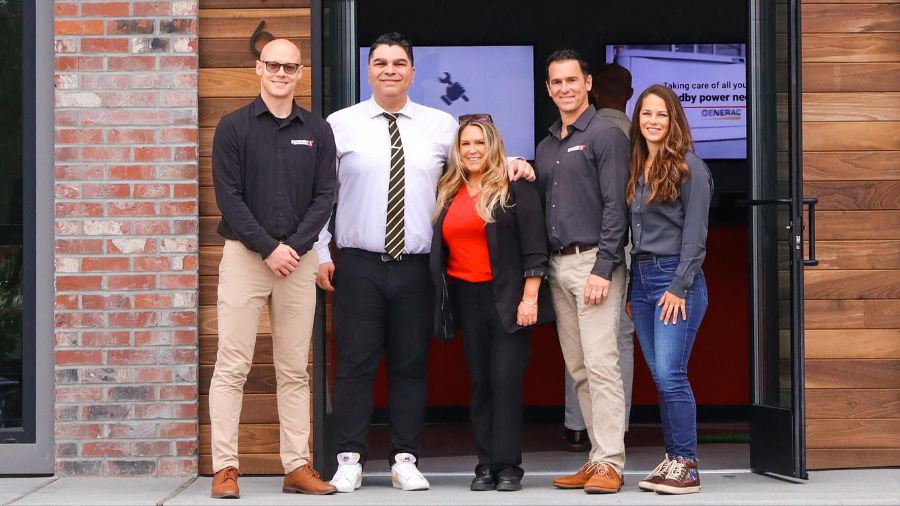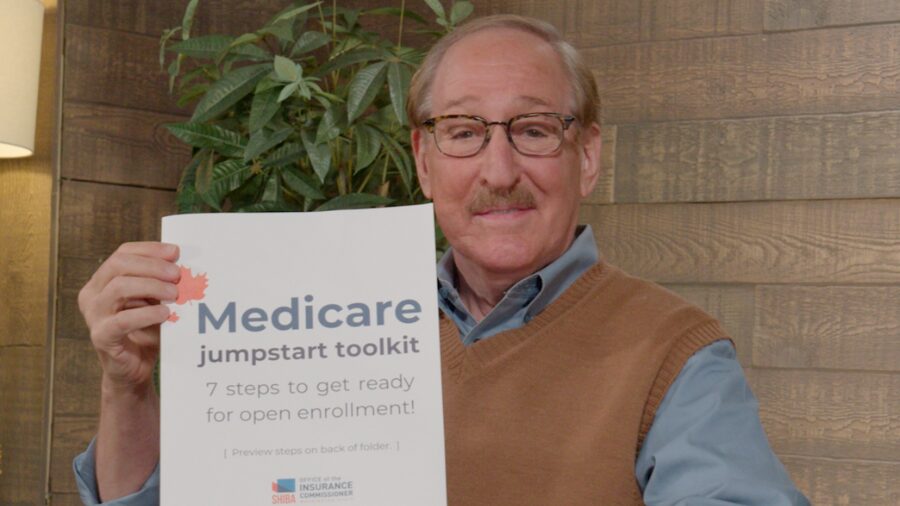Dr. Gabor Maté: Kids are ‘literally brain-damaged’ by social media overuse
Aug 16, 2025, 5:00 AM
An advocacy group pushing for technology regulation, called the Center for Countering Digital Hate, is sounding the alarm about its new study.
KIRO Newsradio reporter Luke Duecy explained earlier how researchers posing as 13-year-olds claimed ChatGPT gave them advice on alcohol, drugs, and even how to hide eating disorders. So, if you’re a parent, educator, or just someone curious about AI and social media’s growing role in our lives, this story is worth your attention.
Dr. Gabor Maté, a world-renowned physician and best-selling author, shared his insights on the crisis of digital addiction. He explained how social media can rewire young brains and disrupt parent-child relationships.
“It’s called social media, but we should also call it anti-social media because it actually causes more divisions than connections,” Maté said.
Like every piece of technology, it can be used well or it can be used in harmful ways. There’s ample evidence that proves gadgets are deliberately designed to be addictive.
Dr. Maté calls it “neural marketing.”
“When you do brain scans on young kids who’ve been on social media, who’ve been on screens a lot, you can see that circuitry is damaged that regulates capacity for insight and cognitive thought and creativity and so on,’ Maté explained. “These kids are literally brain-damaged by social media.”
Let that sink in for a moment, literally brain-damaged by social media. As a parent, those words are terrifying.
Dr. Maté helped write a book called “Hold On to Your Kids: Why Parents Need to Matter More Than Peers.” He explained that children have a need to belong, to connect, and to attach. He provided a basic example: A duckling hatches from an egg. When it sees the mother duck, it immediately imprints on the mother duck and follows her around so she can be its mentor, teacher, and guide.
Dr. Maté said it’s the same for human babies and their parents.
But as societies have evolved, from an early age, kids spend more time with other kids than with adults. Now, with phones and social media, kids can be with each other almost 24/7.
“And they’re desperate to connect to each other, because that’s what we’re looking for,” Maté said. “To have the emotional needs met and the sense of belonging and connection. It’s a disaster.”
Dr. Maté said if he were raising kids today, “I would not let them near a screen until they’re considerably grown and until I felt sure that they had enough respect for me and I had enough benign influence over them that I could limit their use of those machines.”
Studies show it increases loneliness, depression, and anxiety.
If all of this seems daunting, there is hope for parents navigating the influence of social media on their kids.
“They can give them something that their peers can’t, which is unconditional, loving acceptance, and they need that,” Maté said. “I mean, we all need it, but especially adolescents and young kids need it.”














